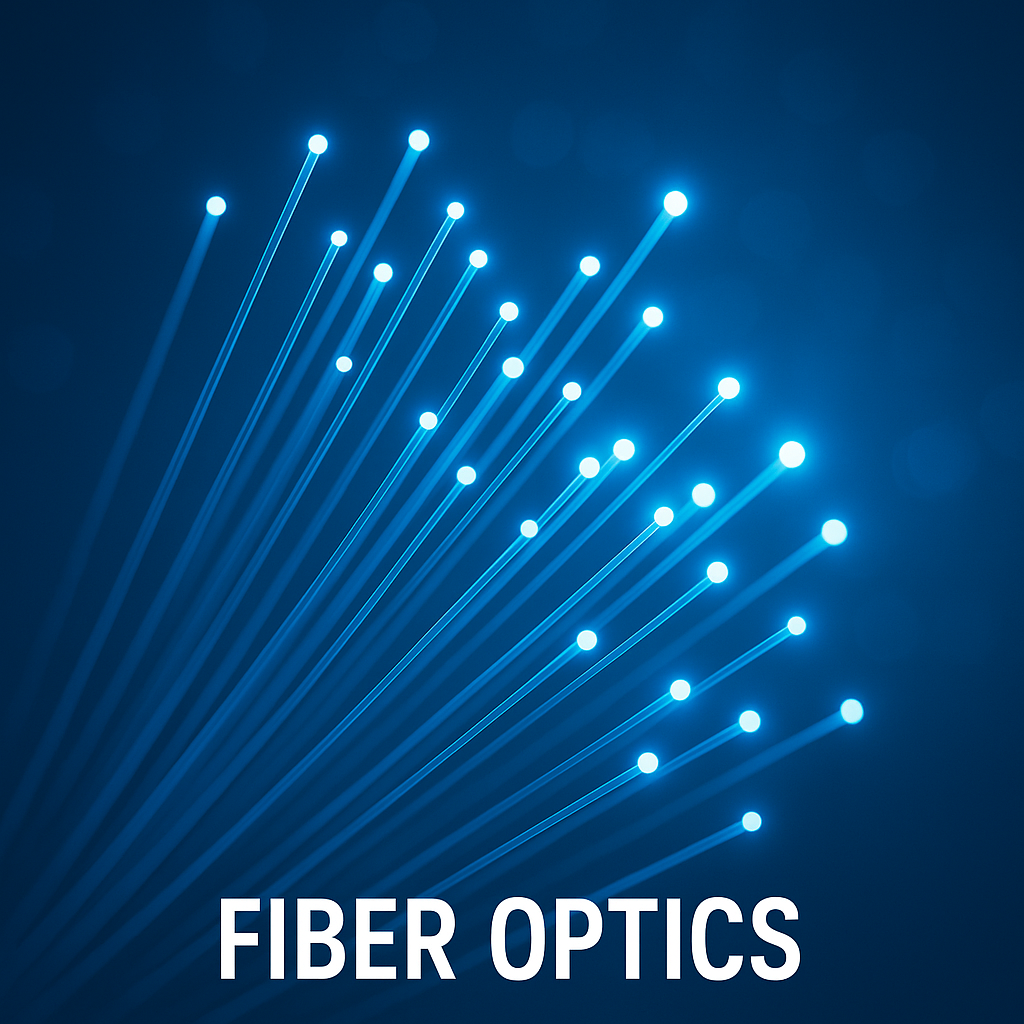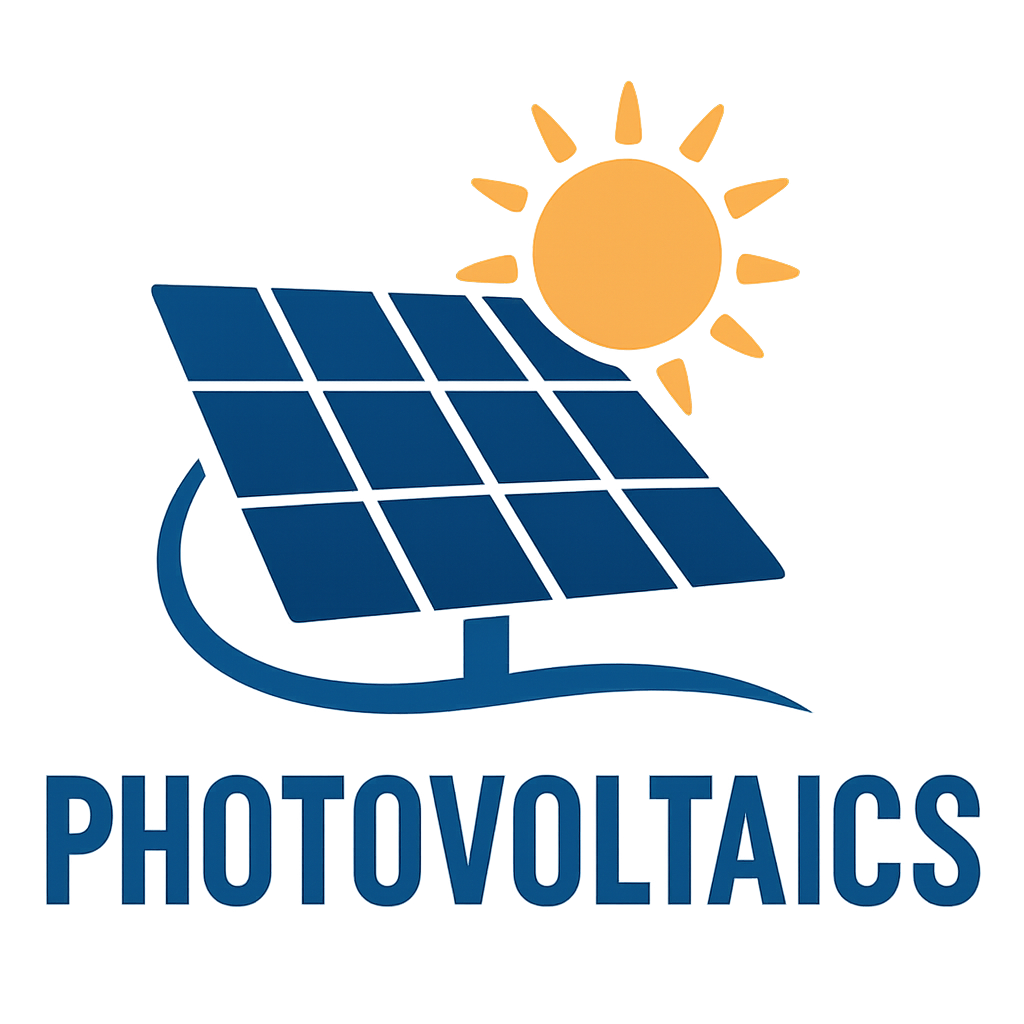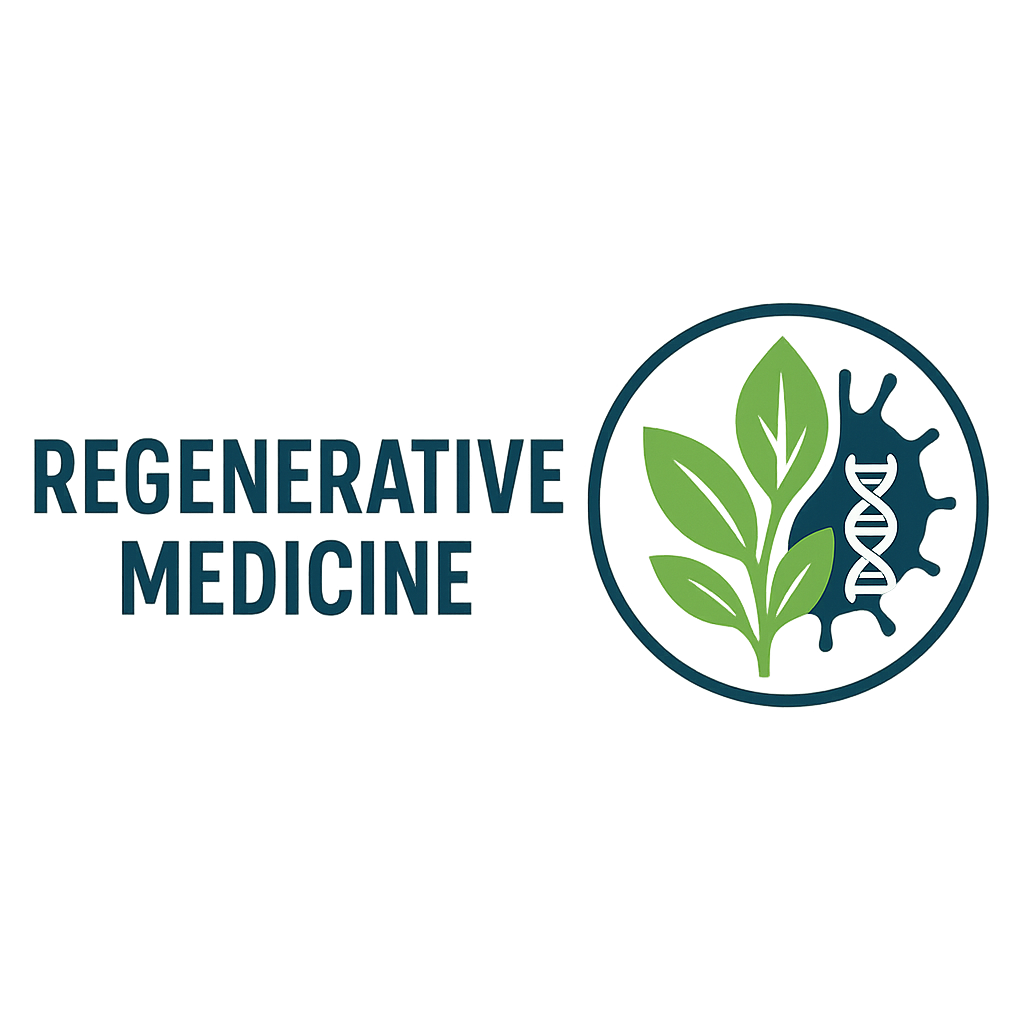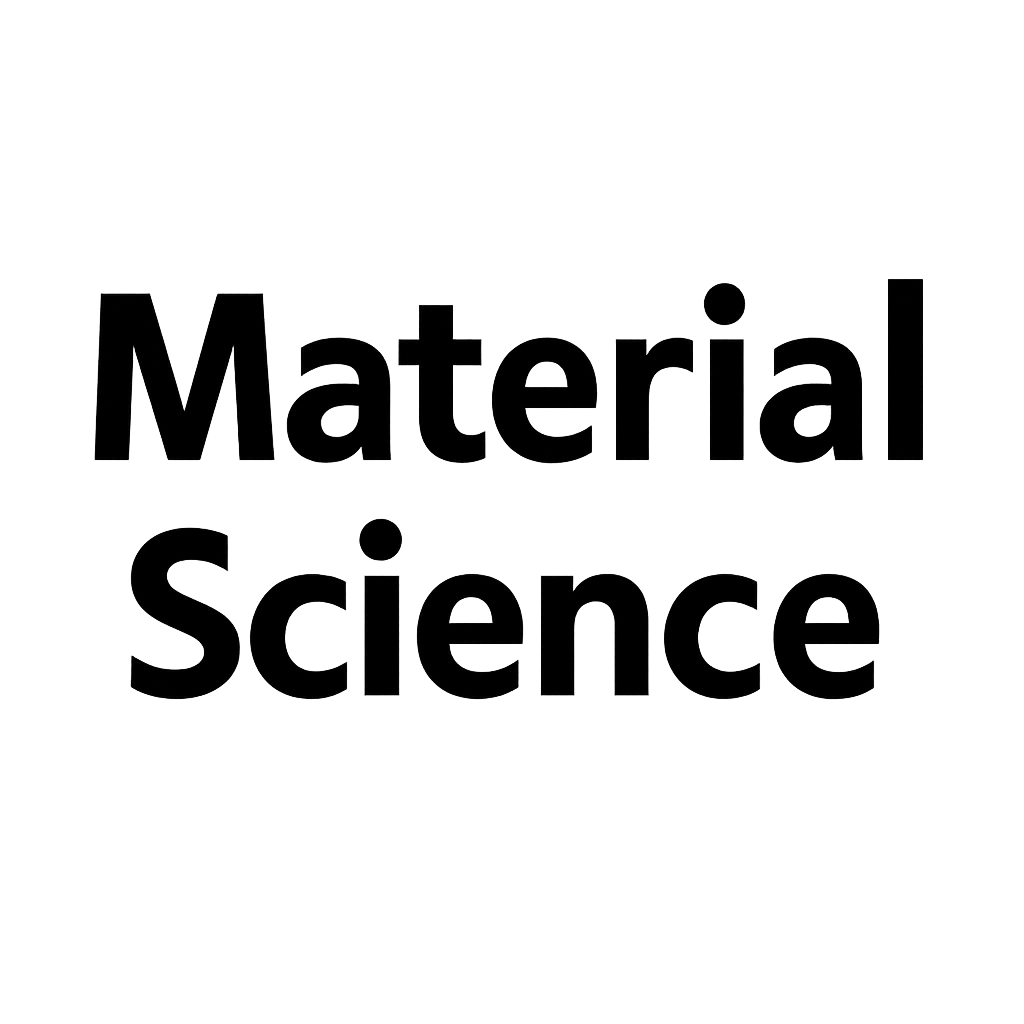
Ground and In-Space Access for the New Multi-Trillion Dollar Orbital Economy
In-space manufacturing at scale is the cornerstone of the next industrial revolution, unlocking breakthroughs impossible on earth.






United Semiconductor's Space Furnaces

Flawless Photonics' Optical Fiber

LamdaVision's Bioprinter